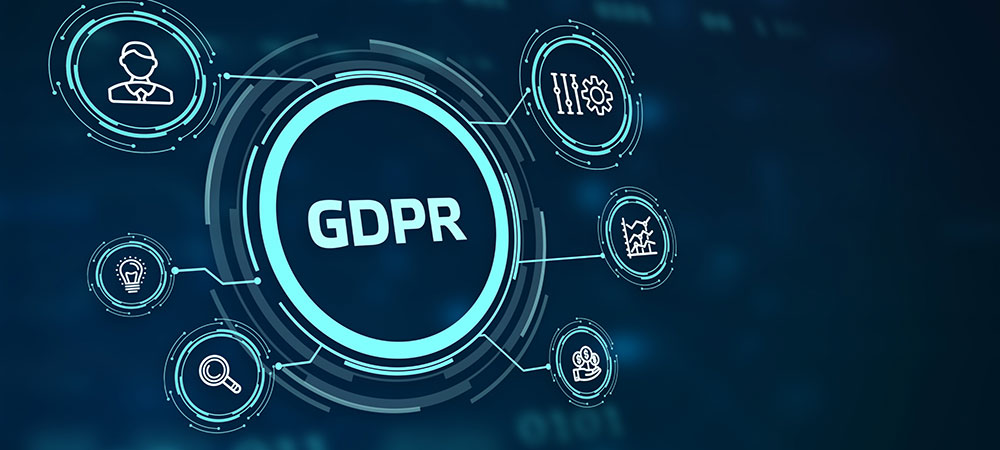
Facebook and Instagram, the digital behemoths of social networking, encountered another significant outage on March 5, 2024. Users worldwide found themselves abruptly logged out, faced with error messages, and plunged into the dark void of inaccessible servers. The blackout affected over 550,000 Facebook users and more than 90,000 Instagram users, as reported by Downdetector.com. While the platforms have since been restored, the incident has once again raised pertinent questions about the reliability and security of our digital networks.
This outage, albeit disruptive, is not the first of its kind. In late 2021, Facebook grappled with a six-hour downtime, leaving users stranded in the vast expanse of the internet. The cause? Border Gateway Protocol (BGP) route withdrawals, akin to misplacing the roadmap for data packets. As users helplessly attempted to access the platform, Facebook servers remained elusive, highlighting vulnerabilities inherent in our digital infrastructure.
Fast forward to March 5, 2024, Meta, Facebook’s parent company, pointed to an undisclosed “technical issue” as the catalyst behind the outage. However, subsequent revelations hint at a more ominous narrative lurking beneath the surface. Meta’s press core subtly acknowledged a potential breach of security, igniting concerns about the integrity of user data and the platform’s defenses against cyber threats.
In the wake of the outage, various theories surfaced, including speculations about distributed denial-of-service (DDoS) attacks orchestrated by hacktivist groups. Skynet, Godzilla, and Anonymous Sudan purportedly claimed responsibility, echoing a concerning trend of cyber disruptions targeting digital infrastructure.
What’s particularly disconcerting is the recurrence of user reports citing erroneous password messages during the outage. Users, involuntarily logged out, were met with unsettling prompts, fueling apprehensions about potential data breaches and compromised accounts. Such incidents not only erode user trust but also underscore the fragility of centralized digital ecosystems.
Moreover, Meta’s acknowledgment of a security breach hints at deeper systemic issues plaguing digital platforms. As cyber threats evolve in sophistication and scale, conventional defense mechanisms risk obsolescence, leaving digital fortresses vulnerable to infiltration.
The question looms: Could this happen again? The cyclical nature of outages and security lapses warrants introspection and proactive measures to fortify our digital infrastructure against unforeseen contingencies. While Meta endeavors to restore normalcy and reassure users of improved security measures, the specter of vulnerability persists, casting a shadow over the digital landscape.
In the era of data omnipresence, the sanctity of user information hangs in the balance, susceptible to the whims of cyber adversaries and systemic lapses. As we navigate the labyrinthine corridors of cyberspace, vigilance and resilience emerge as our greatest allies in safeguarding the integrity of our digital footprint.
In conclusion, the Facebook outage serves as a sobering reminder of the fragility of our digital interconnectedness. It beckons us to confront uncomfortable truths about the vulnerabilities inherent in our digital infrastructure and the imperative of collective action to mitigate risks and preserve the sanctity of user data.
As we traverse the turbulent seas of technological innovation, let us anchor ourselves in the principles of security, transparency, and resilience, forging a path towards a more robust and trustworthy digital future. The journey ahead may be fraught with challenges, but it is through adversity that we emerge stronger, united in our quest to safeguard the digital realm for generations to come.
For more insights and updates, visit our KI Design blog here.
Stay connected with us on Twitter for the latest news and discussion





